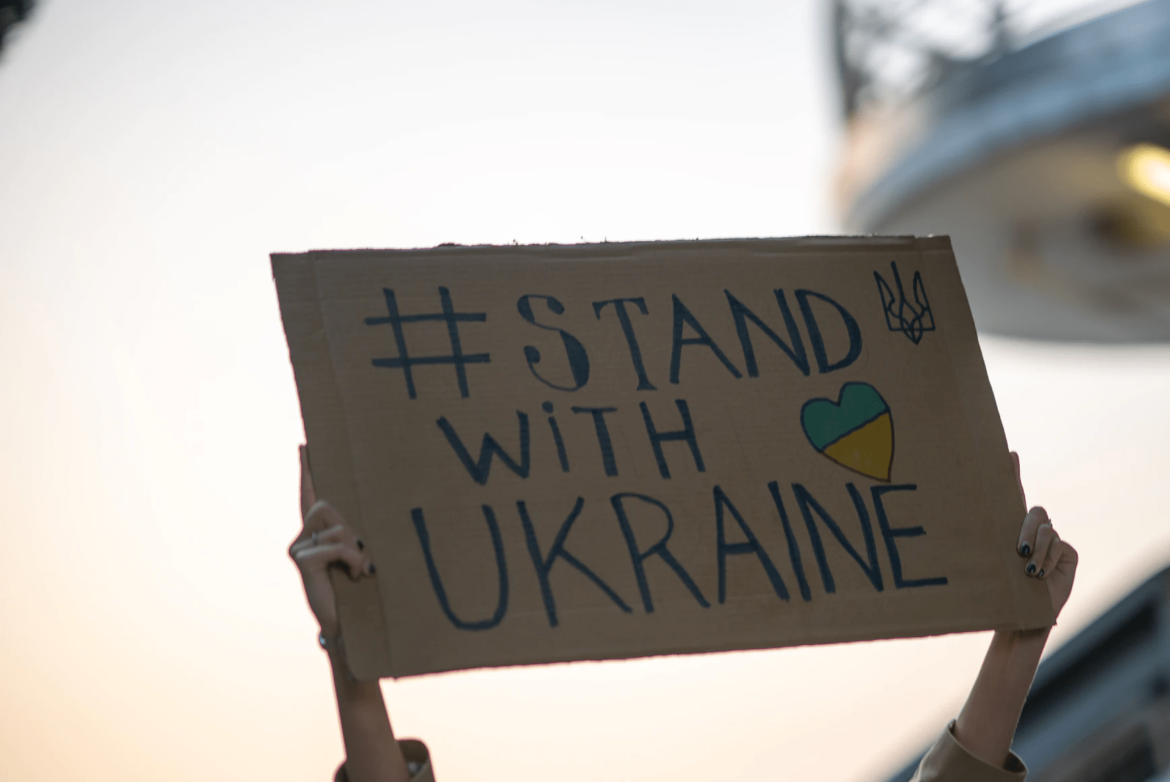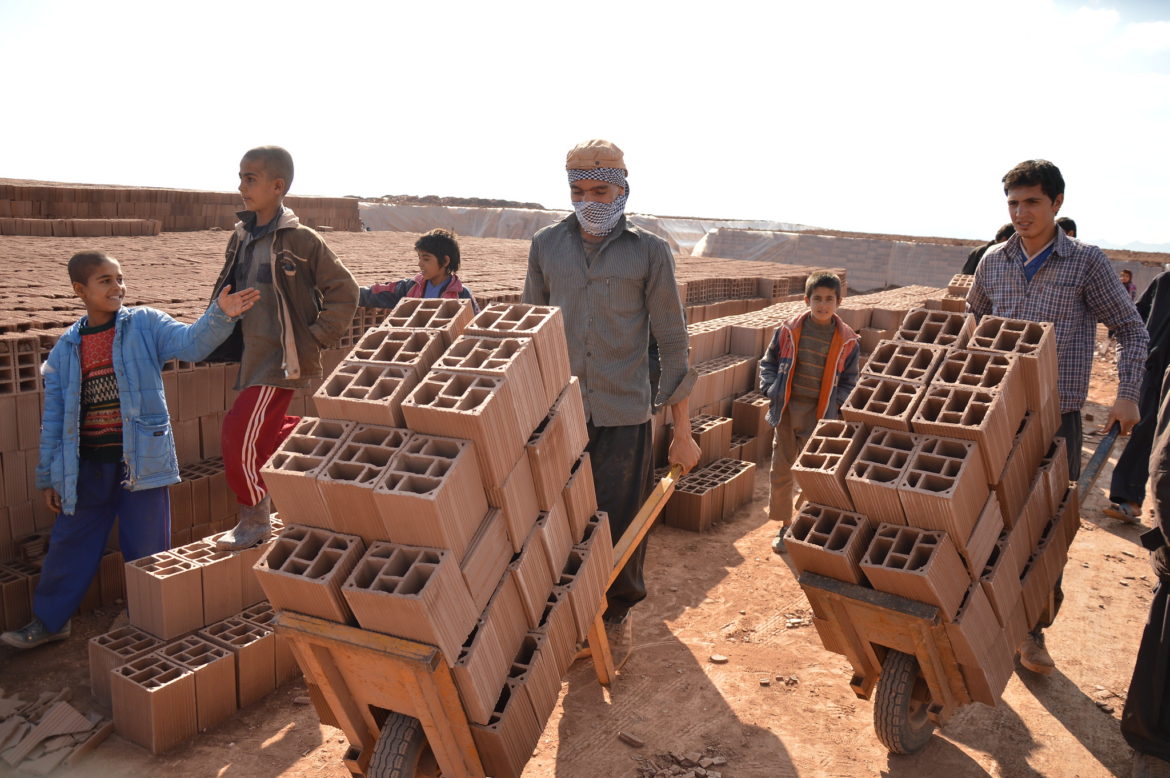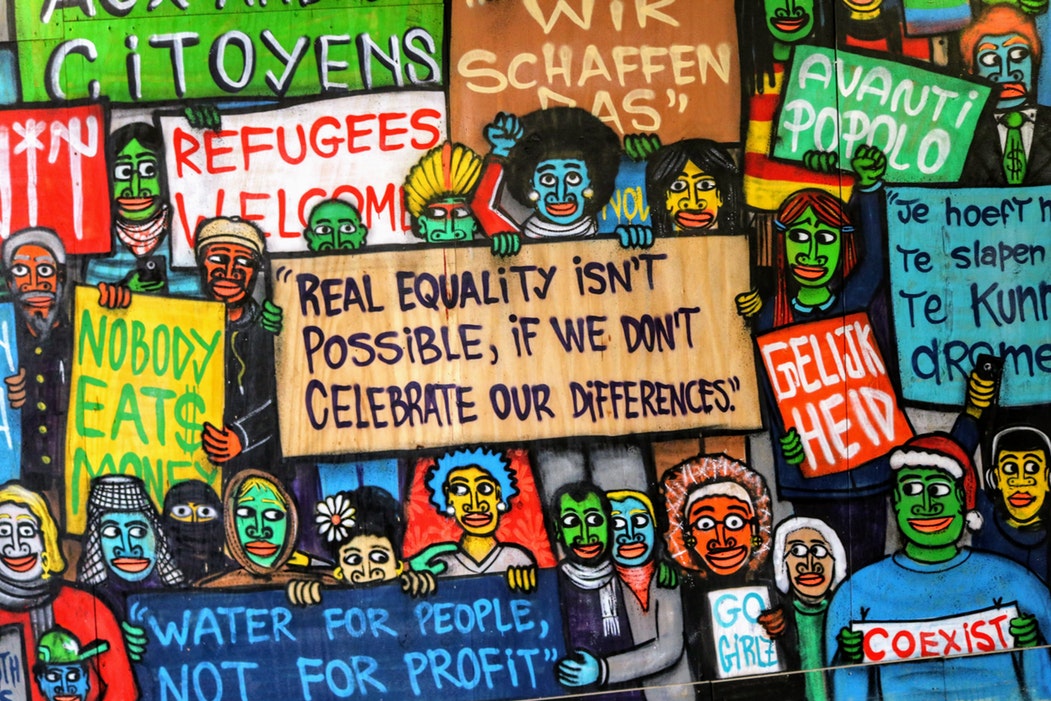The United Nations High Commission for Refugees (UNHCR) reports at least 3.6 million registered Syrians in Turkey, effectively making it the country hosting the most refugees globally. Turkey has held this title since the onset of the Syrian refugee crisis … Continue reading
Tag: refugee policy
Canada’s Selective Sympathy for Refugees
The Canadian government has undoubtedly shown much more support through their immigration policies to Ukraine than they have shown to ‘third world’ refugees.
What’s Next for Afghanistan Refugees?
Afghan citizens and their families who provided help to Western allies are to become refugees in those nations through resettlement programs; others remain in hiding in the country under threat of death. But for those who fled, one question remains: what comes next for Afghan refugees?
Interview with Delphine Polidori
The Catalyst team met with Delphine Polidori to discuss her upcoming article “The perception of displaced persons as biological” in the upcoming Spring 2021 edition of Chrysalis.
Interview with Olivia Bizot
Catalyst contacted Olivia Bizot to discuss her upcoming article “The Victims, the Villains, the Voiceless: An Examination of the British Media’s shifting Representations of Refugees During the 2015 Refugee Crisis” in the Spring 2019 edition of Chrysalis. Her article discusses the ways in which British media portrayed refugees during the refugee crisis.
Interview with Alanna Sereboff
The Catalyst team had the pleasure of interviewing Alanna Sereboff to talk about her upcoming article “Making America Afraid Again: The Criminalization and Securitization of Migration in Post-9/11 America” in the Spring 2019 issue of Chrysalis. Her article looks at the Trump, Obama, and Bush administrations in the United States and their policies regarding immigration and refugees.
Interview with Naomi Santesteban
Our team interviewed Naomi Santesteban about her upcoming article “An Analysis Of UNRWA's Policy and Practice Concerning Palestinian Refugees” in the spring 2019 edition of Chrysalis. In her article, she addresses the policies enacted by UNRWA and the limitations of the non-permanent status of the organization.







